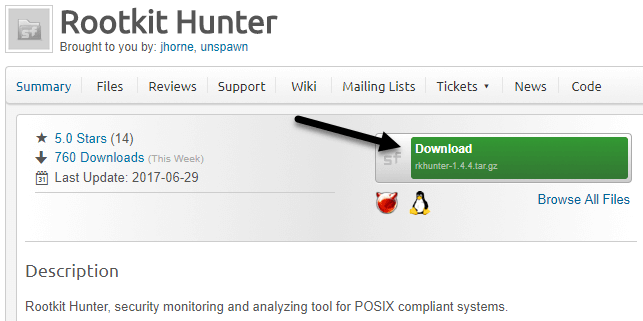
- Malwarebytes for mac os x 10.8 software#
- Malwarebytes for mac os x 10.8 series#
- Malwarebytes for mac os x 10.8 free#
- Malwarebytes for mac os x 10.8 windows#
(For further reading, see “ XcodeGhost malware infiltrates App Store” by Thomas Reed.) Once it was discovered, Apple went in and shut down all the infected copies of Xcode.
Malwarebytes for mac os x 10.8 software#
Some time ago, a particularly widespread hack of this sort placed an infected copy of Xcode (a suite of Apple software development tools) on a developer’s servers, which subsequently affected tens of thousands of iOS apps. In this sort of attack, often called supply-chain attacks, the hackers concentrate on breaching a developer’s server, allowing them to insert themselves in some part of a process between the writing and delivery of the app to users. Other malware deploys in a targeted manner, such as nation-state malware, which goes after specific individuals or small groups.Īnother likely vector is the developer community itself.

Mac adware and Mac PUPs most often go after the average user, based on the assumption that Mac users are well-to-do and worth the effort. The answer to that depends on the malware. Who do Mac viruses and other malware target?
Malwarebytes for mac os x 10.8 free#
A free antivirus program will give you some protection, but a paid anti-malware program like Malwarebytes for Mac can detect and block malware before it gets on your Mac. So do you need antivirus, or anti-malware? Today's threats include things like ransomware, in which an attacker can lock up your device and demand a ransom, or spyware, software that enables someone to spy on what you do on your computer (like log in to your accounts). While there has been a perception particularly among Mac users that Macs don't get viruses and malware, in 2021, Apple themselves confirmed that Macs do get malware. Today, anti-malware is a more apt term to describe cybersecurity protection that uses multiple methods to find and block all kinds of malware (not only viruses). Antivirus software originally checked computer files and programs to see if any rogue software matched a list of known computer viruses. (For further reading, see “ Mac security facts and fallacies” by Thomas Reed.) Do Macs need antivirus? It makes you think twice about wandering around cyberspace on your Mac without taking precautions. Look into the history of threats to Macs, and you’ll see that even early on, the so-called “Mac invulnerability” was a myth. What’s more, Apple's current strategies may not be enough to stop the rising tide of Mac viruses and malware. By the end of 2017, the Malwarebytes intel team counted 270 percent more unique threats on the Mac platform than in 2016. In fact, Malwarebytes saw more Mac malware in 2017 than in any previous year. In the last few years, a growing number of active threats have targeted the Mac operating system. “Malwarebytes saw more Mac malware in 2017 than in any previous year.” Despite this, there are still tech pundits who recklessly advise against taking even basic security precautions, such as installing a cybersecurity program. Another thing protecting Macs is the fact that they’re less popular than PCs, but that doesn’t stop some hackers from targeting Macs. By design, the Mac operating system is more secure against the threat of viruses and malware, but there are still plenty of ways for malware to find its way in. While it’s true Macs are more secure than PCs, they’re still vulnerable to viruses, and they always have been.
Malwarebytes for mac os x 10.8 series#
Apple itself even reassured its customers for years that Macs “don’t get viruses.” It even said so in a series of commercials that first aired in 2006.
Malwarebytes for mac os x 10.8 windows#
Historically, Mac fans have touted their platform as immune to the kinds of data attacks and other hostile intrusions that plague the Windows world. If you’re a Mac user, you get mixed messages about whether viruses and other malicious software pose a bona fide threat.


 0 kommentar(er)
0 kommentar(er)
